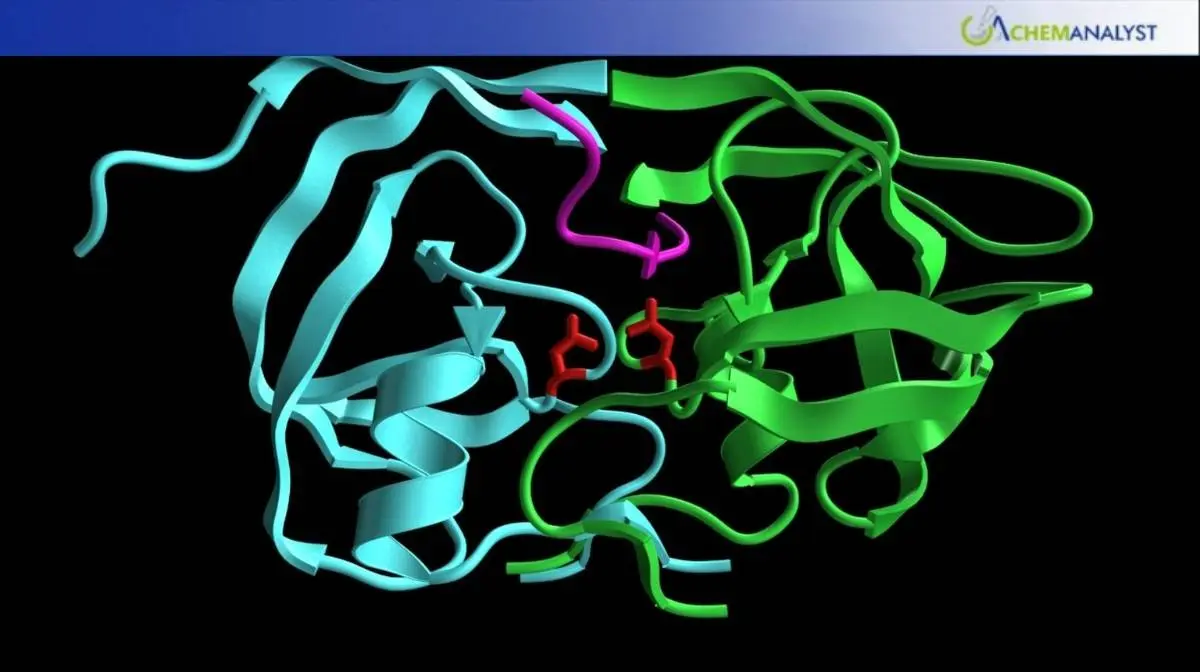Welcome To ChemAnalyst

.S. import prices for Protease Enzyme increased in August 2025, even though freight rates eased and the dollar was depreciating. Good downstream demand for food, feed, and detergents, combined with tight worldwide supply and increased raw material prices, fueled prices. Domestic industries' strategic stockpiling further pushed prices up, whereas currency weakness cut U.S. purchasing power. Freight rate reductions provided little respite in protease enzyme’s prices, as structural demand and supply constraints predominated over logistics gains. The outlook is for high prices extended into September and beyond.
Key Points:
The U.S. market for protease enzyme experienced a consistent rise in import prices throughout the month of August xxxx despite long-term cost-reducing factors such as declining freight costs and a weakening of the U.S. dollar against the currencies of manufacturing nations. Market dynamics indicated that the trend was fueled by a combination of robust protease enzyme downstream demand, constrained supplies from major sources, and strategic stocking by domestic industries.
Demand-Side Drivers
The major cause of the rally in high protease enzyme prices was robust downstream demand from food and beverages, animal feed, and detergent sectors. Seasonal usage patterns, especially food processing and brewing, saw surged...
We use cookies to deliver the best possible experience on our website. To learn more, visit our Privacy Policy. By continuing to use this site or by closing this box, you consent to our use of cookies. More info.
